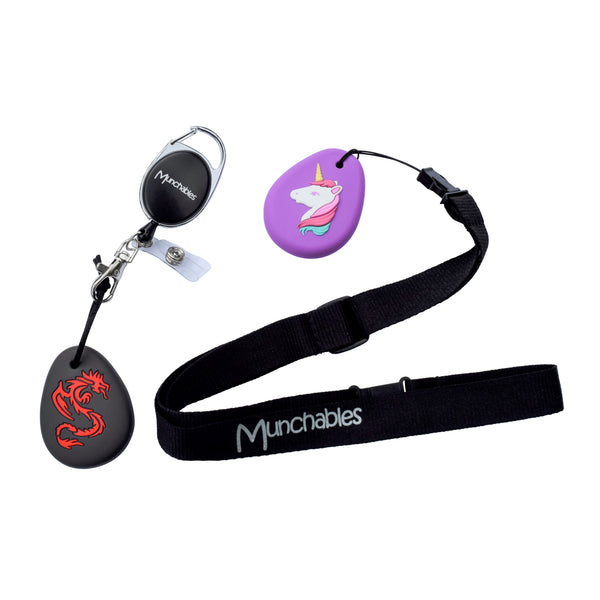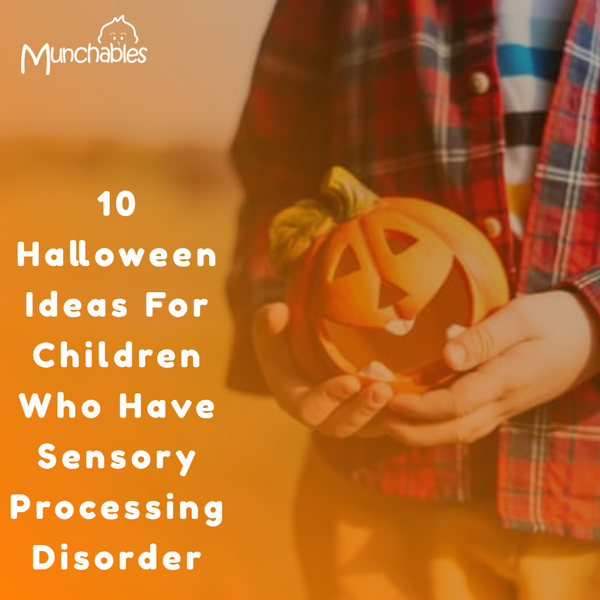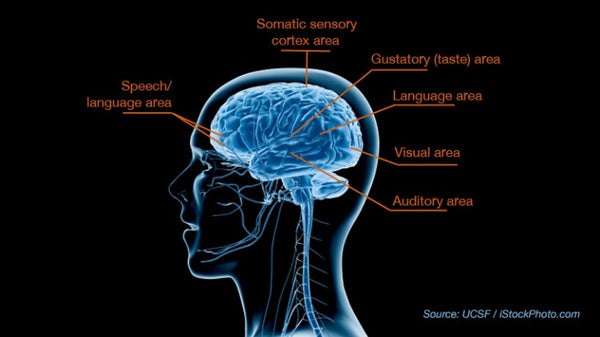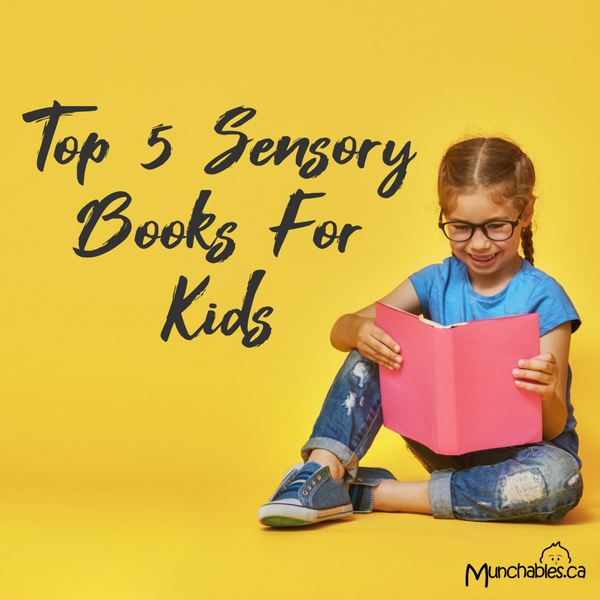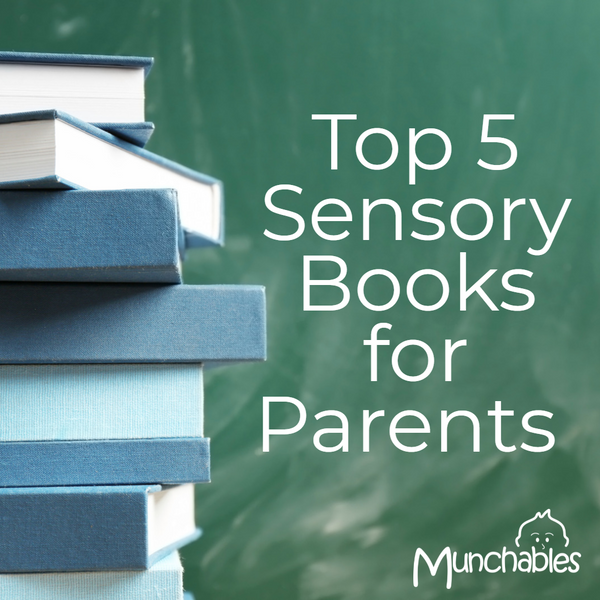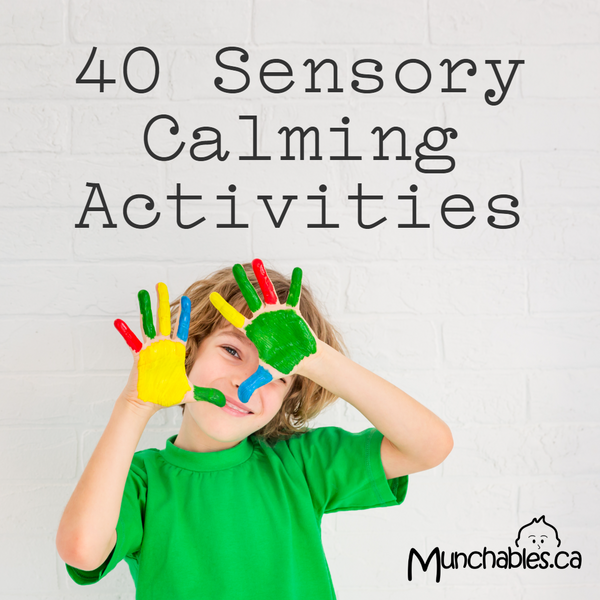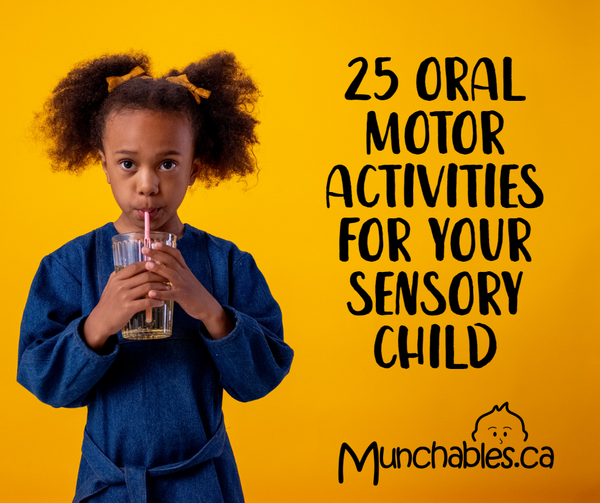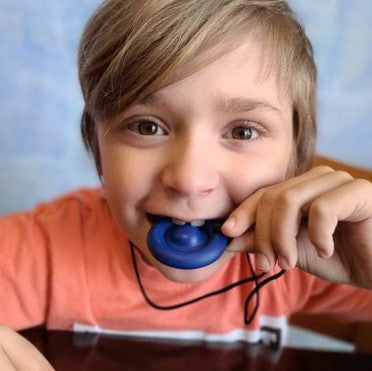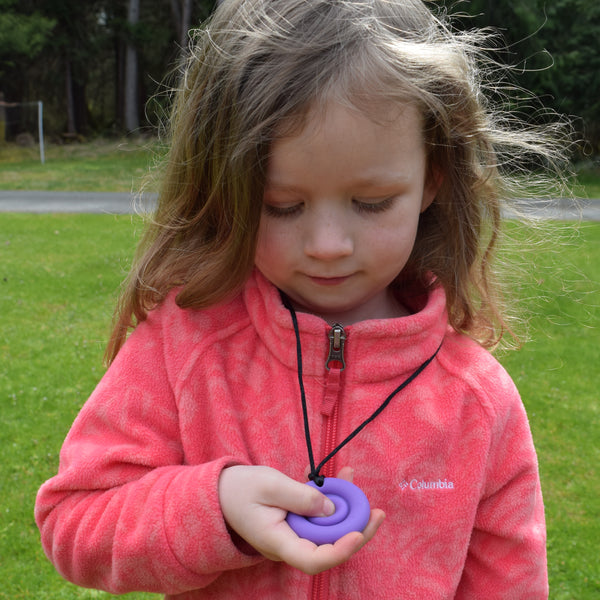Blog
New Lanyard Options Available
Introducing Two New Lanyard Options! The first new style is a thick, smooth satin ribbon Lanyard with a durable breakaway clasp, while the second is a belt-clip style Retractable Lanyard. Either of these options can be used with Munchables chews or fidgets to prevent dropped, lost or thrown items. The Munchables Retractable Lanyards feature a retractable cord with 4 optional attachment points -...
Read more →
Halloween Ideas For Children Who Have Sensory Processing Disorder
1. Preparing your child for Halloween and what to expect is so important. This will reduce anxiety. Visual calendars are a great tool to prepare them. 2. Their costumes should be comfortable and not scary. Let them choose the costume they will be wearing. Less is best. Most children with SPD don't like masks or bulky costumes. Never force your...
Read more →
Research on Sensory Processing Disorder
Want to know more about the ongoing research into Sensory Processing Disorders? Juliana Bunim wrote a fantastic article for the University of California San Francisco back in 2013. I have shared it in its entirety below: Breakthrough Study Reveals Biological Basis for Sensory Processing Disorders in Kids By Juliana Bunim The image shows areas of the brain that can be affected...
Read more →
Top 5 Sensory Books For Kids
Looking for books to explain Sensory Processing Disorder to children? Here are our top 5 picks: 1. Listening to My Body: A guide to helping kids understand the connection between their sensations (what the heck are those?) and feelings so that they can get better at figuring out what they need by Gabi Garcia Big emotions can be overwhelming! Help your...
Read more →
Top 5 Sensory Books For Parents
Top 5 Books for Parents and Caregivers of Children with SPD 1. The Out-of-Sync Child by Carol Stock Kranowitz, M.A. Does your child exhibit... Over-responsivity--or under-responsivity--to touch or movement? A child with SPD may be a "sensory avoider," withdrawing from touch, refusing to wear certain clothing, avoiding active games--or he may be a "sensory disregarder," needing a jump start to...
Read more →
40 Sensory Calming Activities
Sensory Calming Activities provide sensory input and they help your child self regulate and able to concentrate more easily. These sensory calming activities will also reduce your child's stress and anxiety. All children, whether or not they are sensory seekers or sensory avoiders, should have sensory breaks throughout the day to fill their sensory diet. Sensory calming activities will also...
Read more →
25 Oral Motor Activities for your Sensory Child
Looking for sensory oral motor exercises to try? We've listed 25 different activities for you to try below. We're sure that whether you're looking for strength, coordination or endurance activities, there is an option for you! Try incorporating these oral motor activities into your daily routine for the greatest chance of success! Here are 25 ideas to get you started: Use a...
Read more →
Deklyn's Bubble Popper Review
Check out Deklyn's video review of the Munchables Bubble Popper Pendant.
Rating: 10 million thumbs up!
Read more →
Introducing the Exclusive Munchables Bubble Popper Fidget Chew Necklace!
I LOVE, LOVE, LOVE this new design! I created created this fun Bubble Popper Chew Necklace® to act as either a fidget toy or a chew necklace. It is the perfect 2-in-1 sensory aid! Please note that this popper fidget makes an audible pop sound. I hope that your family loves it as much as mine does. As I was reading last...
Read more →
What Is Dysgraphia?
Dysgraphia is a learning disability that impacts writing. It can interfere with almost all aspects of the writing process including poor spelling, impaired handwriting and difficulty with word choice. This is in contrast to Dyslexia which refers to a reading learning disorder.
Read more →

